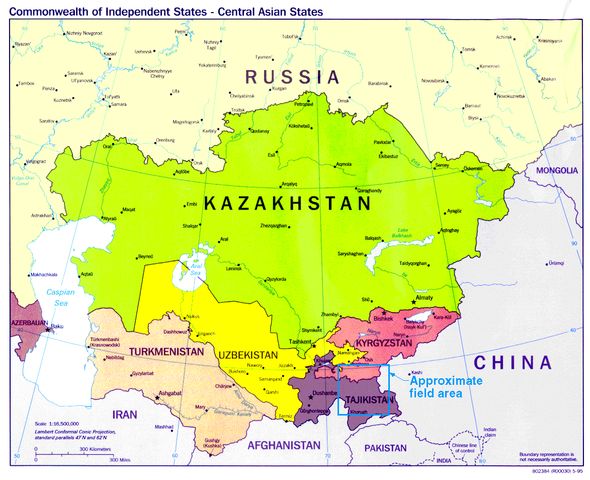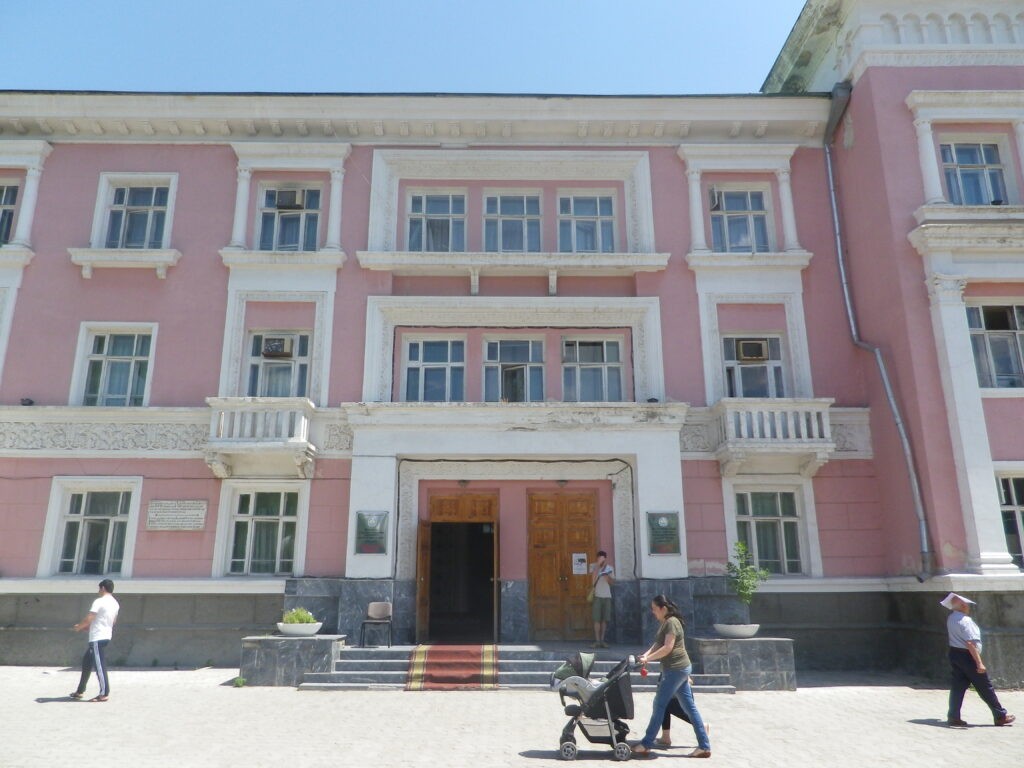BISHKEK (TCA) — Members of China’s Uyghur Muslim population continue to be subject to “egregious abuses” but the government in Beijing has faced few, if any, consequences, a bipartisan U.S. federal commission says in its 2019 annual report on religious freedom worldwide, RFE/RL reported.
The report, published by the U.S. Commission on International Religious Freedom (USCIRF) on April 29, also recommends that the State Department include Russia and Uzbekistan alongside Iran, Pakistan, Tajikistan, Turkmenistan, and others on a list of the worst violators of religious freedom — the so-called Tier 1 “countries of particular concern” (CPCs).
The USCIRF denounces China for its treatment of its Uyghur Muslim minority, mainly in the northwestern region of Xinjiang, as well as other mostly Muslim groups there such as ethnic Kazakhs. The Uyghurs — of whom there are some 15 million in China — have long complained about their treatment under Beijing’s rule.
“Uyghur Muslims are constantly surveilled, their phones confiscated and scanned, their skin pricked for blood samples to collect their DNA, their children prohibited from attending mosque,” the USCIRF report says.
“Even worse, the Chinese government has ripped entire families apart, detaining between 800,000 and 2 million adults in concentration camps and relegating some of their children to orphanages,” the report adds.
“Families cannot contact one another due to fear of government monitoring; thus, countless Uyghur Muslims have no idea where their loved ones are or if they are even alive,” it says.
It adds that although a handful of foreign governments — including the United States, Britain, and Turkey — have “harshly condemned” Beijing for these “egregious abuses,” the government has not faced any consequences.
“Despite years of escalating abuses, the wider international community has tragically missed the opportunity to prevent what is now happening to Uyghur and other Muslims in China,” it says.
Beijing has denied that it operates internment camps and reeducation centers for Uyghurs, Kazakhs, and other mostly Muslim groups in Xinjiang. Turkic-speaking Kazakhs are the second-largest indigenous community in Xinjiang after Uyghurs, and the region is also home to ethnic Kyrgyz, Tajiks, and Hui, also known as Dungans.
The government insists the facilities are “vocational education centers” aimed at helping people steer clear of terrorism and allow them to be reintegrated into society.
The report also says that severe violations of religious freedom persisted in Uzbekistan despite improvements.
“In 2018, religious-freedom conditions in Uzbekistan trended positive in certain areas,” the report says, but despite “positive developments originating at the highest levels of the government, severe violations of religious freedom persisted.”
Among other things, it says, “police forces and members of Uzbekistan’s State Security Service…continued to harass, intimidate, raid, fine, and detain members of Christian communities, particularly Baptists and Jehovah’s Witnesses.”









